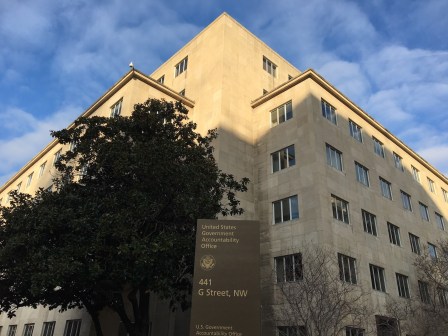Education Dept. awards $9M to edtech startups
Developers behind game-based apps and tools to help English language learners and students with special needs were among the recipients of the Department of Education’s Small Business Innovation Research grants this year, totaling more than $9 million.
Thirteen Phase I grants of up to $150,000 each were awarded to startups to develop prototypes of education technology products over six months, and eight Phase II grants of $900,000 each were given to companies to fully scale their products over two years to be used in classrooms, the department announced Friday.
The Phase I winners include 3C Institute, which is building an app to help educators assess social and emotional challenges for kids in kindergarten through sixth grade with autism spectrum disorders; Charmtech Labs, which is developing a Web-based reading assistant for English language learners; and ThinkZone, which is building a gaming portal for teachers to incorporate existing educational games into their lessons and assessments.
“More and more, entrepreneurs are finding out about the program and see it as a viable funding mechanism,” Edward Metz, who oversees the program at the Education Department, told FedScoop. “And that lets the program get a lot of strong developers.”
Metz added that the grant program is one of the best sources of funding for startups, which often have to depend on venture capitalists and may have to pay back loans.
“The goal is for them to have an impact on addressing the needs in education,” Metz said. “That’s the return for the government, hopefully to get some strong solutions to the pressing needs that we face.”
Phase II awardees, which are further along in their plans, include a project called “Happy Atoms,” an atomic modeling set and interactive iPad app that students can use in high school chemistry classes to study the periodic table. It was developed by video game designer Jesse Schell, who was featured at the Department of Education’s Games for Learning summit last month.
Another winner, Zaption, was featured at SXSWedu this year and ended up winning the 2015 LAUNCHedu competition at the conference in Austin, Texas. The startup culls video from YouTube, Vimeo and other outlets, and then it allows teachers to add interactive elements such as questions, discussions and annotations at different points in the video.
According to department officials, they received 175 proposals this year — down from 252 applications last year. Possible factors contributing to the decline include an earlier deadline and a selective review process by agency officials, they said.
The SBIR grant program was conducted through the Institute of Education Sciences, which is the research arm of the Education Department. The program had a $7.5 million operating budget this year, but the Phase II grants will be awarded in chunks over two years, officials said.
The goal of the grant program is for the startups to gain some exposure and, hopefully, commercialize their products for wide use in schools. Two fledgling education technology companies, LightSide Labs and Socrative, had to drop out of the Phase I process last year because they were acquired by larger entities.


